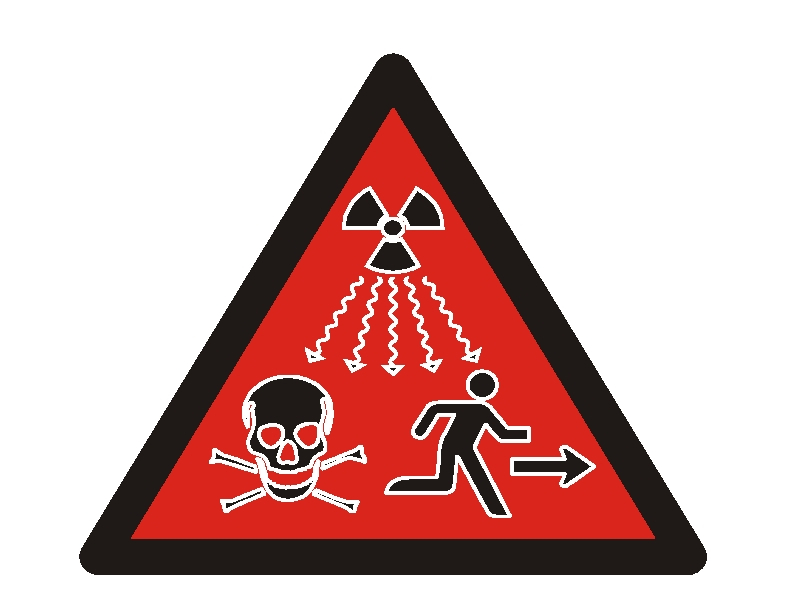Taxpayer groups urge President Obama not to expand nuclear loan guarantees
The National Taxpayers Union and Taxpayers for Common Sense have joined with the George C. Marshall Institute and the the Nonproliferation Policy Education Center to urge President Obama and his heads of the Departments of Energy and Treasury as well as the Office of Management and Budget to not expand the nuclear power loan guarantee program, given the large risk for taxpayers this would represent. Taxpayers for Common Sense has also published a backgrounder on how the "Top Nuclear Loan Guarantee Contenders [are] in Financial Shambles," revealing that the first $18.5 billion in nuclear loan guarantees already approved in 2007 could themselves risk taxpayers holding the bag for defaulted loan repayments, further driving home the point that the nuclear power loan guarantee program should not be expanded. The Union of Concerned Scientists has also spoken out against this massive proposed transfer of new reactor financial risks onto taxpayers, as has Environment America -- its new report Generating Failure: How Building Nuclear Power Plants Would Set America Back in the Race Against Global Warming documents that efficiency and renewables will solve the climate crisis affordably, while new atomic reactors would be an expensive dead end.





 February 1, 2010
February 1, 2010
